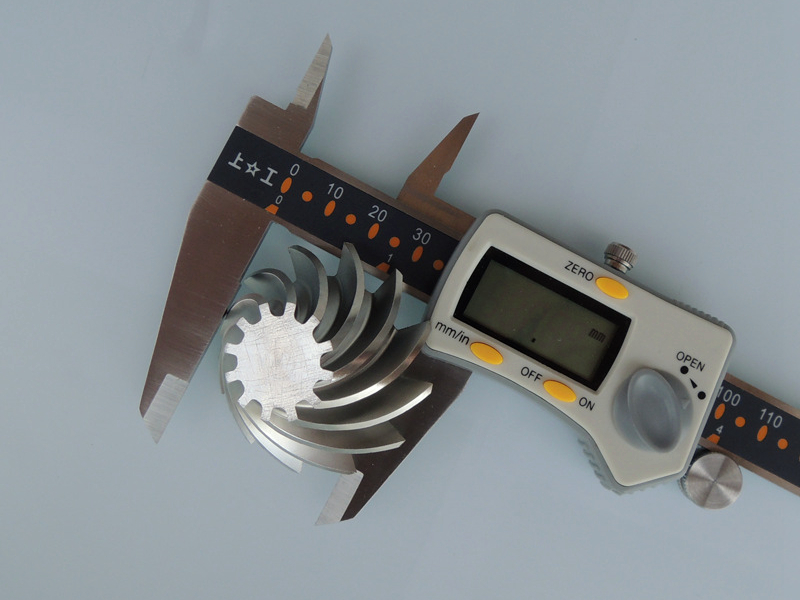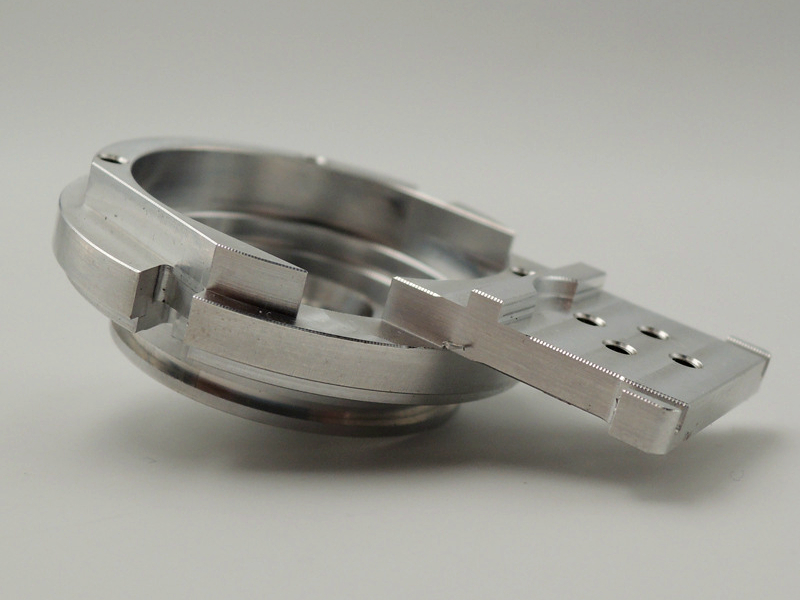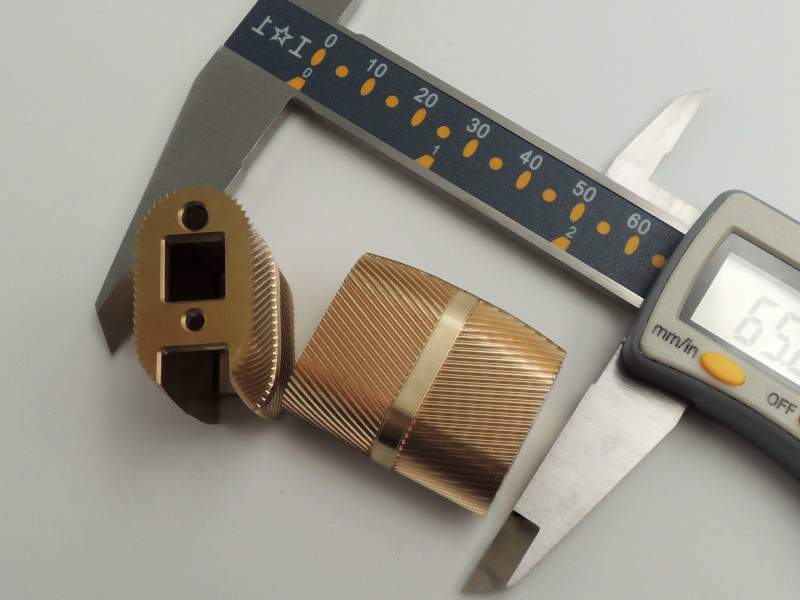What is the most cost-effective material for CNC milling prototypes?
What Is the Most Cost-Effective Material for CNC Milling Prototypes?
Best Choice: Aluminum 6061
The most cost-effective and widely used material for CNC milling prototypes is aluminum 6061. It offers an ideal combination of low material cost, excellent machinability, and balanced mechanical performance. Aluminum 6061 is easy to cut, produces minimal tool wear, and allows high-speed machining—making it perfect for reducing both machining time and total project cost.
Key benefits:
Material price: ~$2.5–3.0/kg
High machinability rating
Sufficient strength (tensile strength ~310 MPa) for structural prototypes
Excellent corrosion resistance and surface finish quality
Suitable for anodizing and other surface treatments
Other Cost-Effective CNC Prototyping Materials
ABS Plastic: ABS is affordable, lightweight, and easy to machine. It’s ideal for non-structural components, housings, and early-stage product designs.
Brass C360: Offers exceptional machinability (rating 100%) and good dimensional stability. While more expensive than aluminum, it may reduce machining time significantly in complex geometries.
Mild Steel 1018: 1018 steel is a good option when slightly higher strength is needed, though it requires post-machining protection against corrosion.
How Neway Optimizes Prototyping Cost
At Neway, we help clients select materials that match both design requirements and cost targets. Our CNC prototyping service uses rapid setup, efficient toolpaths, and optimized feed rates to keep prototype costs low while achieving tolerances as tight as ±0.01 mm.
Explore our services designed for cost-efficient prototypes:



